The rice market in Dinajpur, a prominent grain hub in northern Bangladesh, has once again encountered instability with all varieties of rice witnessing a Tk4 per kg price hike.
The sudden increase has posed challenges for low-income families in the district, impacting their purchasing power.
Just a week ago, Miniket rice was priced at Tk64 per kg, but now it has surged to Tk70. Similarly, Guti Swarna, previously sold at Tk45 per kg, is now being retailed at Tk50. Other varieties like Brri-28 and Brri-29 have also seen notable price jumps, escalating from Tk54 and Tk52 per kg to Tk58 and Tk56 respectively.
Bahadur Bazar, the largest rice market in Dinajpur, has witnessed similar price hikes across all rice types, with the cost of 25 kg bags rising from Tk100 to Tk125, and 50 kg bags soaring from Tk100 to Tk250.
Wholesale rice trader Ranjit attributed the price surge to increased procurement costs from mills, suggesting that mill owners are controlling prices through syndicates. He emphasized the lack of market monitoring, stating that once rice prices escalate in Dinajpur, they rarely recede.
The sudden price hikes have disproportionately impacted the working class and low-income segments, prompting calls for regulatory intervention to stabilize the market. Stakeholders urge regular raids on mills and wholesale outlets to curb price manipulation.
Humayun Reza Shamim, President of Dinajpur Chamber of Commerce and Industries, highlighted the current scarcity in rice supply, attributing the price fluctuations to market dynamics and the impending Irri paddy harvest.
Retail traders voiced frustration over the price hikes during Ramadan, attributing them to hoarding practices among wholesale traders and mill owners. Jahangir Alam, a retail rice trader, pointed fingers at illegal hoarders for driving up prices.
Ershad, a wholesale trader, expressed concern over declining sales due to the sudden price surge, reflecting the broader economic repercussions of the rice market instability in Dinajpur.



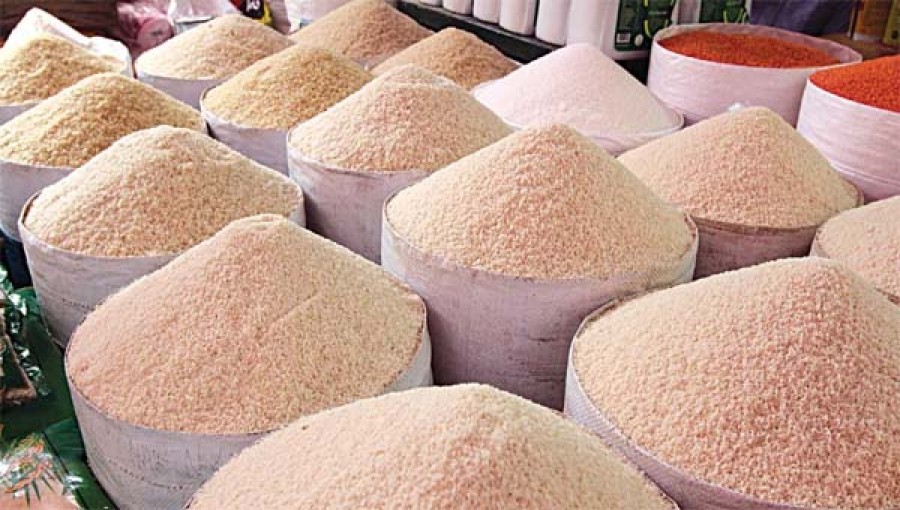
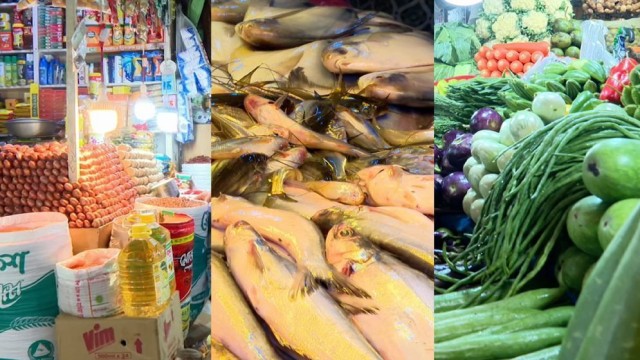



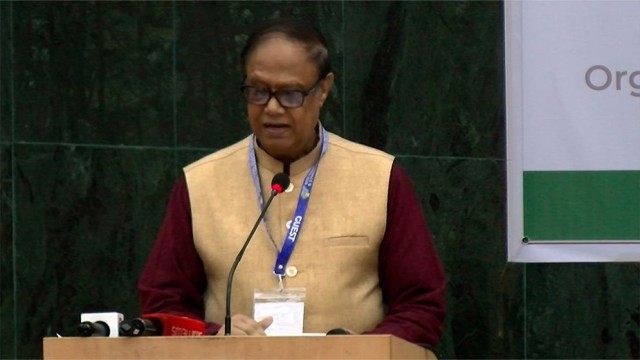

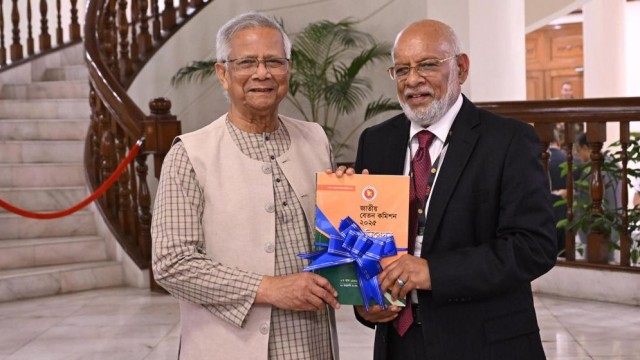



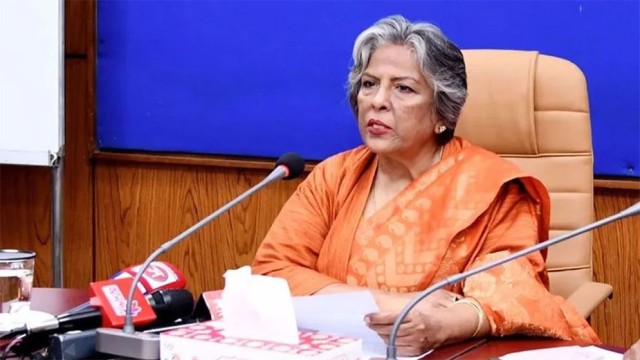


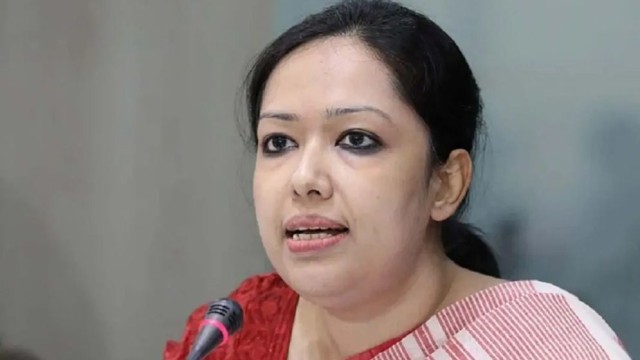
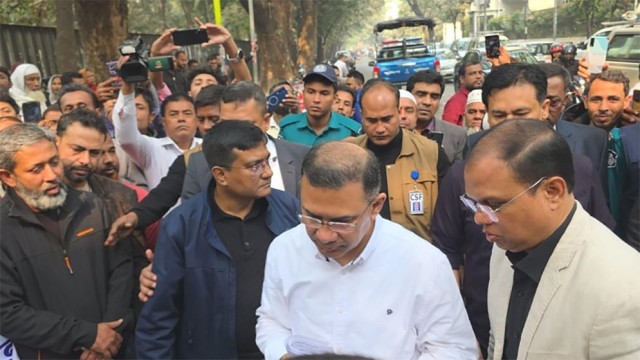
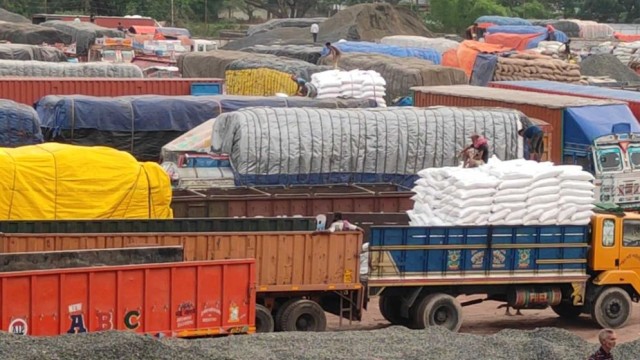











Comment: